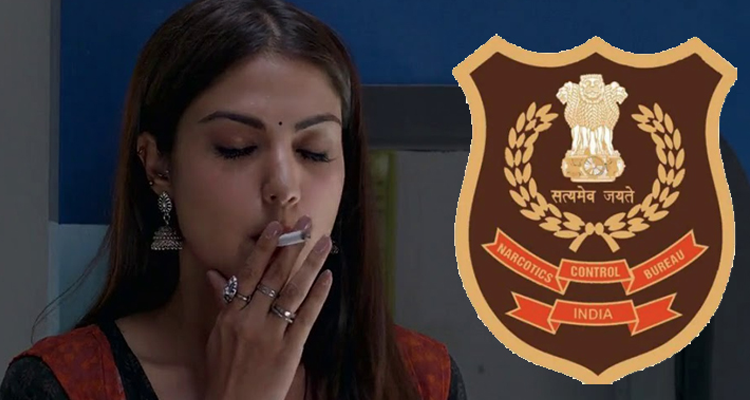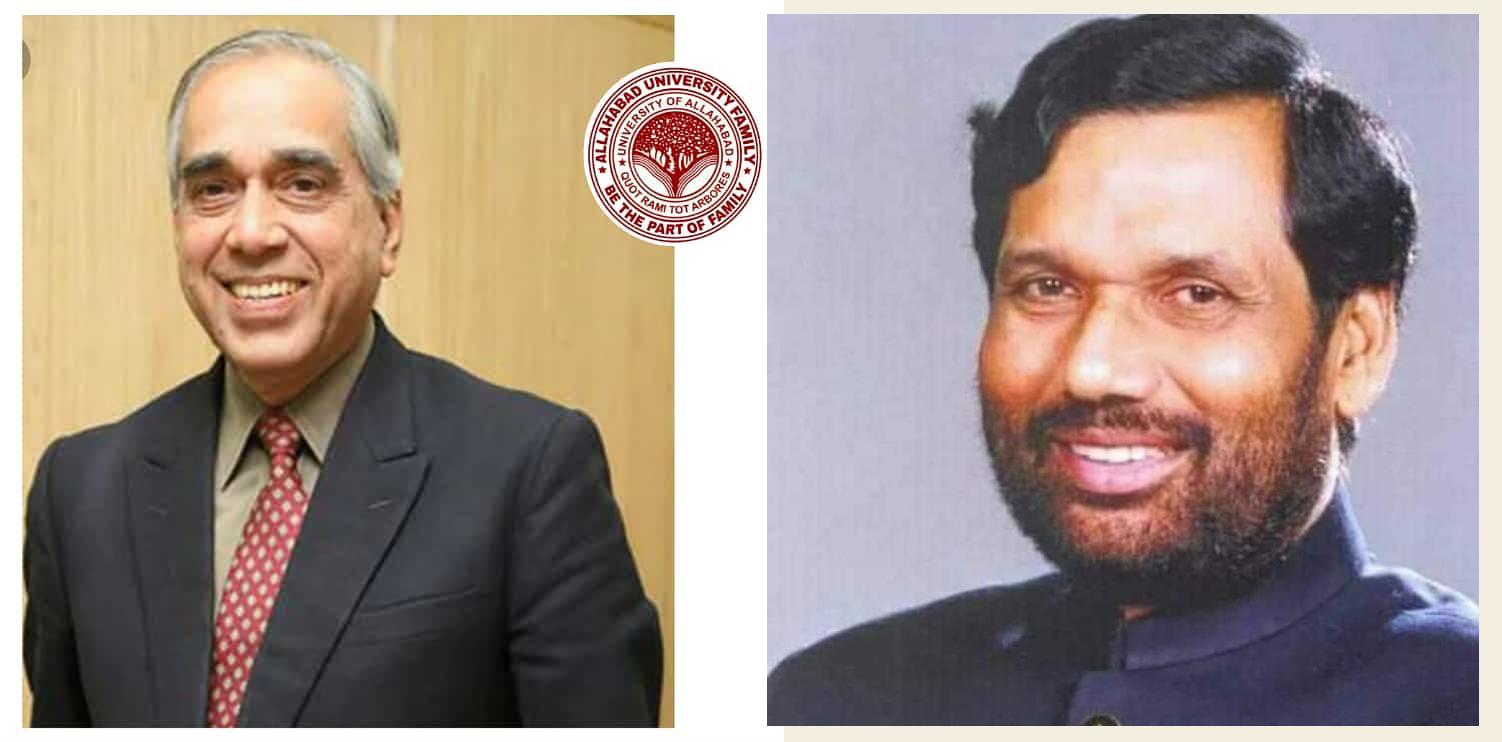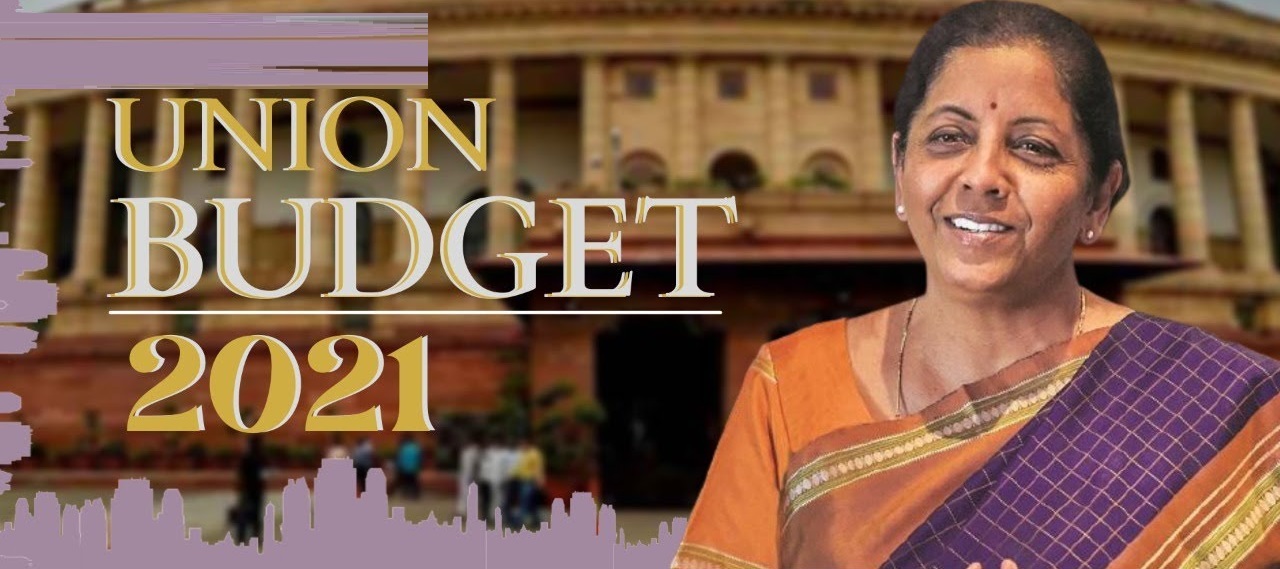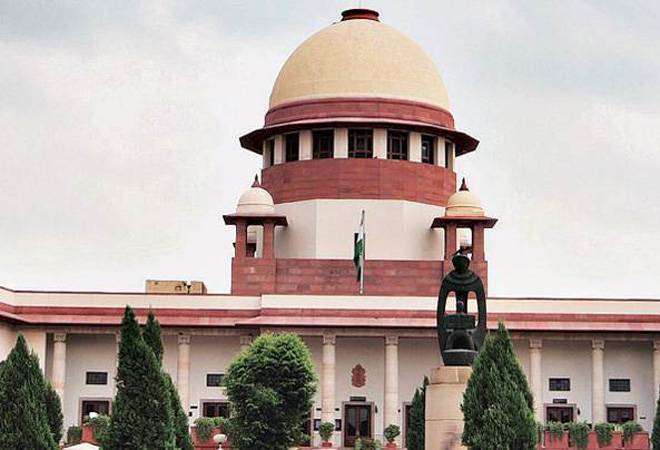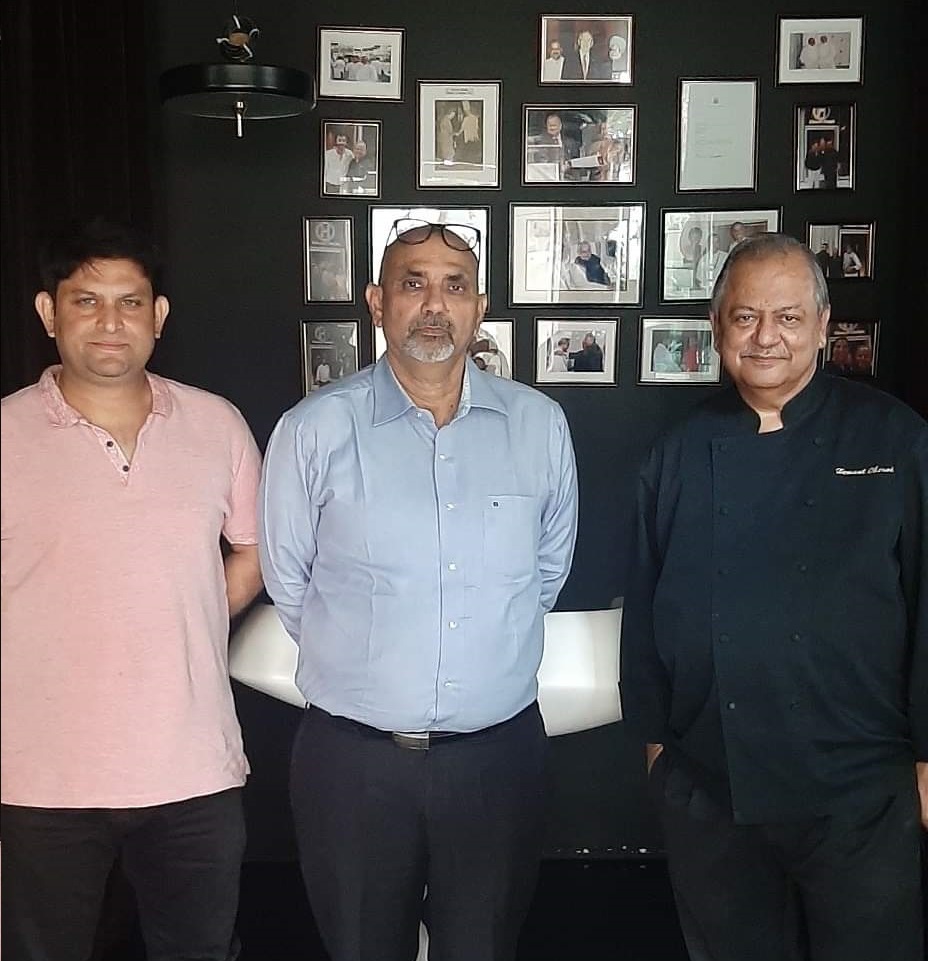
His wife, remaining away from her husband, can it be trouble ?
The Delhi High Court granted the dissolution of a marriage of a couple, holding desertion by the woman as the principal basis, after the husband couldn't substantiate charges of cruelty in his application for divorce under Section 13 (1)(ia) and (ib) of the Hindu Marriage Act, 1955 (HMA).
Regarding desertion, the Court determined that the wife had "broken the bond of marriage, though not legally but otherwise" because she left the marital residence within two months of the marriage, did so without lodging complaints or pursuing legal action, and did not show up for the divorce proceedings.
"There exists a thin line between misbehavior and cruelty," the Division Bench of Justices Suresh Kumar Kait and Neena Bansal Krishna noted in their discussion of what defines cruelty.
The degree of cruelty inflicted upon the other depends on whether the behavior of one spouse against the other is due to a simple difference of opinion, which leads to marital disputes and the inevitable wear and tear of a married life, or whether the behavior has caused a spouse to mistreat the other to the point where it causes the other great mental suffering.
The husband claimed that although the wife was welcomed into their family with love, affection, and respect, she did not return the favor in his divorce petition filed with the Family Court under Section 13 (1)(ia) and (ib) of the HMA. He asserted that the woman had affairs and had hidden her internal stomach illness and gynecological problems before marriage.
The woman was alleged to be combative and verbally aggressive. The husband said that the wife had taken her possessions with her when she left the marital residence, for which her father had threatened to file false charges against the husband's family and wanted Rs. 50 lakhs.
After that, the husband filed an appeal with the High Court. The Court found that the appellant had not produced any proof that the respondent had filed a lawsuit or received complaints against him or his family, and it stated that "the appellant has not been able to substantiate the allegations of cruelty meted out by the respondent within the purview of Section 13(ia) of the Act, as rightly held by the learned Family Judge."
The respondent "has wilfully deserted the appellant and so, appellant is entitled to get benefit of provision of Section 13(1) (ib) of the Hindu Marriage Act, 1955," the court held, noting that "there is no doubt that respondent has quietly chosen to stay apart from appellant and broken the bond of marriage, though not legally but otherwise."
Section 13(1)(ib) of the HMA was used by the High Court to dissolve the marriage and decide the appeal.
Cause Title: Gaurav Nighawan v. Shweta (2024:DHC:68-DB)
Your free access to Supreme Law News has expired
For further details contact:
Dr. Ajay Kummar Pandey
( LLM, MBA, (UK), PhD, AIMA, AFAI, PHD Chamber, ICTC, PCI, FCC, DFC, PPL, MNP, BNI, ICJ (UK), WP, (UK), MLE, Harvard Square, London, CT, Blair Singer Institute, (USA), Dip. in International Crime, Leiden University, the Netherlands )
Advocate & Consultant Supreme Court of India, High Courts & Tribunals.
Delhi, Mumbai & Dubai
Tel: M- 91- 9818320572. Email: editor.kumar@gmail.com
Website:
www.supremelawnews.com
www.ajaykr.com, www.4Csupremelawint.com
Facebook: /4Clawfirm, /legalajay Linkedin: /ajaykumarpandey1 Twitter: /editorkumar / YouTube: c/4cSupremeLaw Insta: /editor.kumarg
Telegram Channel
Whatsup Channel


